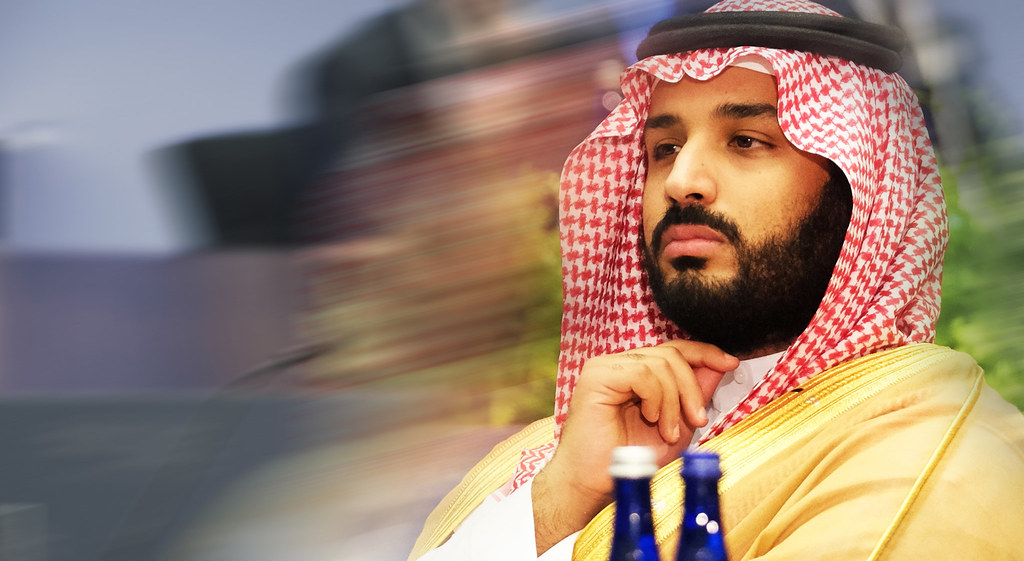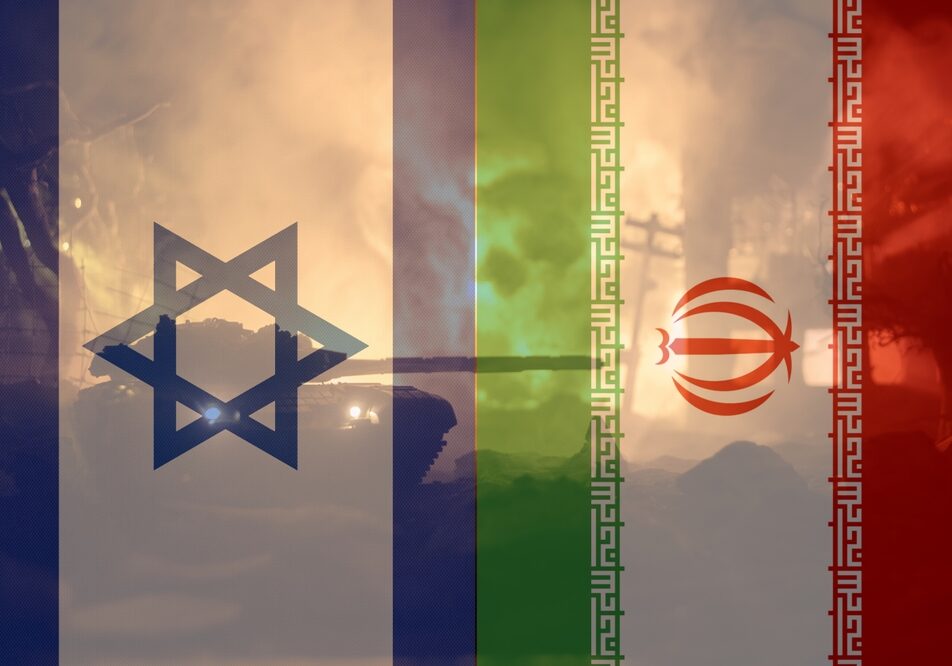Australia/Israel Review
Media Microscope: Joe’s twin dilemmas
Apr 8, 2021 | Allon Lee

Significant media coverage was devoted to the Biden Administration’s twin Middle Eastern foreign policy dilemmas – how to reset relations with Iran to end the nuclear standoff and how best to sanction Saudi Crown Prince Mohammed bin Salman (MBS) for allegedly ordering the brutal murder of Jamal Khashoggi in 2018.
Veteran US official Elliott Abrams told Australian foreign editor Greg Sheridan (Feb. 27) that the Biden Administration understands that the 2015 Iran nuclear deal, called the Joint Comprehensive Plan of Action (JCPOA), must be “longer and stronger”, include extended “sunset clauses”, and cover “issues like missiles and Iran’s regional misconduct.”
Abrams cautioned that a strategy of Iran coming “back into compliance” and the US then “lift[ing] all economic sanctions” will “destroy…all American leverage,” and make it unlikely that “Iran will negotiate and accept additional limits.”
Abrams said “the only logical conclusion” to draw from Iran’s current enrichment levels of 20% is that it constitutes part of “a nuclear weapons program,” because “we have seen how countries behave which want nuclear energy but aren’t after nuclear weapons. It’s not like this….You don’t need to enrich uranium at all for nuclear energy; you can import and export as much of it as you need.”
The Australian (March 1) warned the Biden Administration not to “overlook the importance of Saudi Arabia as a Western ally, especially in confronting Iran’s nuclear ambitions”, even while seeking to hold the Saudi Crown Prince responsible for the Khashoggi murder.
The paper said, “nothing excuses what was done to Mr Khashoggi” but the Administration must “expand relationships Mr Trump developed with pro-Western allies, including Saudi Arabia.”
Undermining those ties “as a sop to the far left of the Democrats” would “play into Iran’s hands and create problems for Israel” and get in the way of “developing closer ties between the Arab world and Israel,” the paper warned.
An Observer editorial in the Guardian Australia (March 1) said Britain’s failure to penalise MBS, was “shabby…realpolitik”. Yet, in discussing that “realpolitik,” the editorial echoed the Australian, saying that “Saudi Arabia is an important western ally. Its cooperation is needed if Iran’s destabilising regional activities and nuclear program are to be curbed. Hopes that Riyadh will follow the UAE and Bahrain in normalising ties with Israel are a factor, too. Saudi Arabia remains a key energy producer. And the crown prince, 35, is likely to lead the country for decades to come.”
Earlier, on Feb. 25, the Guardian Australia attacked former US President Donald Trump for creating a “credibility gap” by leaving the JCPOA. But the paper sensibly concluded that future JCPOA negotiations need to be on a “more for more” basis to “resolve outstanding issues regarding missiles and regional relations… The Trump years have shown that a narrow deal like the JCPOA cannot be stable in the current environment.”
The publication predicted that concluding a new agreement will be difficult because President Biden has a “huge agenda and limited political capital,” while Iran’s parliament is hostile to compromise and upcoming elections in June will “likely… see hardliners more hostile to the US” elected.
The Guardian Australia failed to note that the political makeup of Iran’s parliament is largely under the control of Supreme Leader Ayatollah Khamenei, who has veto power over which candidates are allowed to run for office.
In the Australian Financial Review (March 5), Harvard academic Meghan O’Sullivan dismissed accusations that oil motivated the Biden Administration’s decision to not sanction MBS personally, pointing out that “the US imported exactly zero barrels of Saudi oil in the last week of 2020.”
Like others, O’Sullivan opined that “The US can only fully succeed in its efforts to counter Iran, combat terrorism, build on the wave of normalisations with Israel by Arab states, and address the horrific humanitarian situation in Yemen if it has the co-operation of the Saudis. The US learned the hard way in Iraq after the 2003 invasion that shaping dynamics in the Middle East in the face of Saudi indifference or, worse, opposition, is incredibly hard.”
On ABC TV “The World” (March 2), University of Birmingham Professor Scott Lucas predicted President Biden won’t return to Obama era policies, saying “the Middle East[’s]… changed in four years. With Iran…the Biden Administration will want to talk about…Iran’s missiles. They want…a firmer agreement. When it comes to Saudi Arabia, it’s going to be ‘you don’t have privileged access to us unless you play by the rules’.”
Tags: Australia, Iran, Media/ Academia, Saudi Arabia






